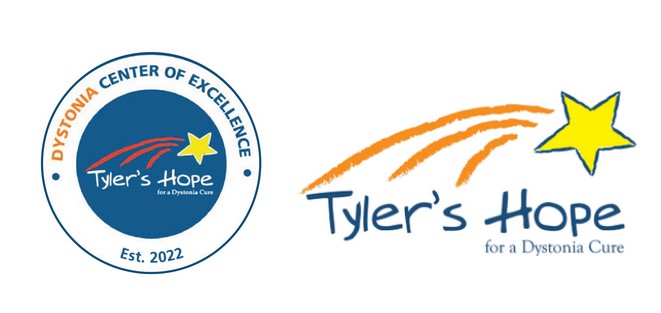
In 2022, Tyler's Hope for a Dystonia Cure Foundation designated Duke Health the second Center of Excellence for dystonia in the United States. This designation recognizes Duke’s excellence in dystonia care, research and education and provides support to accelerate and amplify our impact for people with dystonia.

Mission
- To provide excellence interdisciplinary approach that draws upon the best in lifestyle, medical, physical and surgical therapies
- To accelerate research that will help discover new treatments, and ultimately a cure for dystonia
- To increase education and awareness about dystonia
Better Solutions
Researchers at Duke are looking for solutions to the problems of dystonia by drawing on many fields and technologies. Our scientists aim to uncover the causes of dystonia, to develop new drugs targeting dystonia core mechanisms, and to improve the use of neuromodulation therapies like deep brain stimulation (DBS) and transcranial magnetic stimulation (TMS). Opportunities to participate in clinical research can be found here or by contacting our research coordinator at movdisres@duke.edu.
Education and outreach
Through conferences, webinars, peer-led support groups and training programs, we increase awareness and knowledge about dystonia to reduce time to accurate diagnosis, increase access to the best treatments, and inspire the next generation of clinicians and researchers to contribute to this important problem.
New Patient Information
New patients can contact the Duke Health scheduling hub at (919) 668-7600 or our Tyler's Hope Center of Excellence administrative assistant at (919) 684-4152 for an evaluation by a neurologist in our Movement Disorders clinic at 932 Morreene Road in Durham, North Carolina.
To best prepare for your evaluation, please contact your current physician for a referral. This can be your family physician, internal medicine physician, neurologist, or any physician who feels you may have a movement disorder. Please ask your doctor’s office to fax (919) 681-4935. This referral should include all your demographic information, as well as copies of your insurance card(s) and the most-recent 3-5 clinic notes from your neurologist. You can also call the Center of Excellence scheduling assistant at (919) 684-4152 for more information on this process.